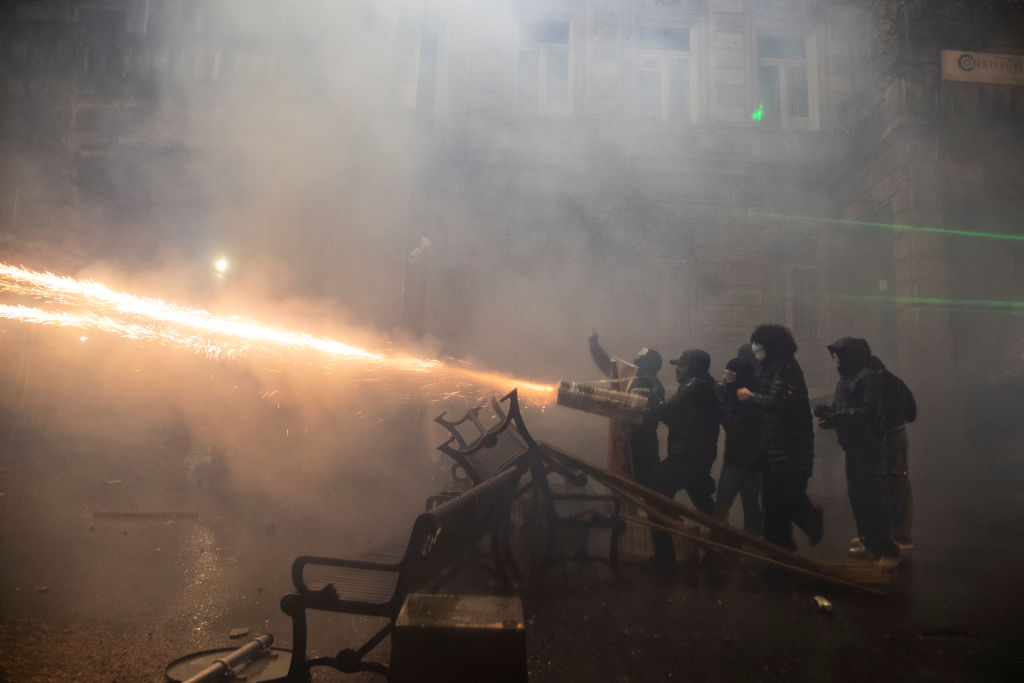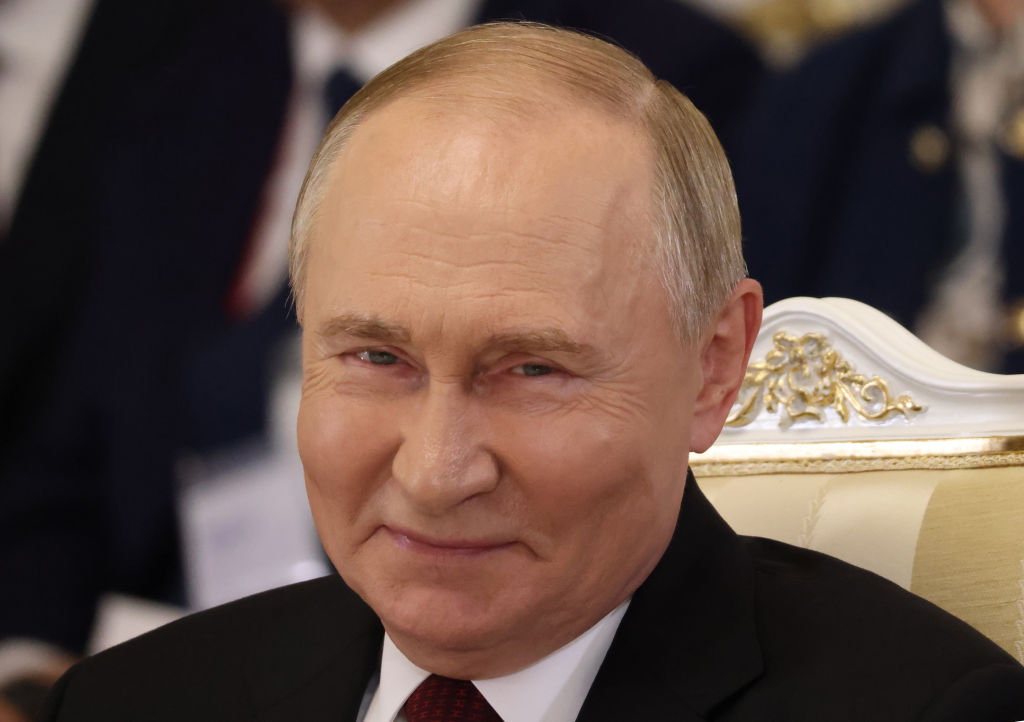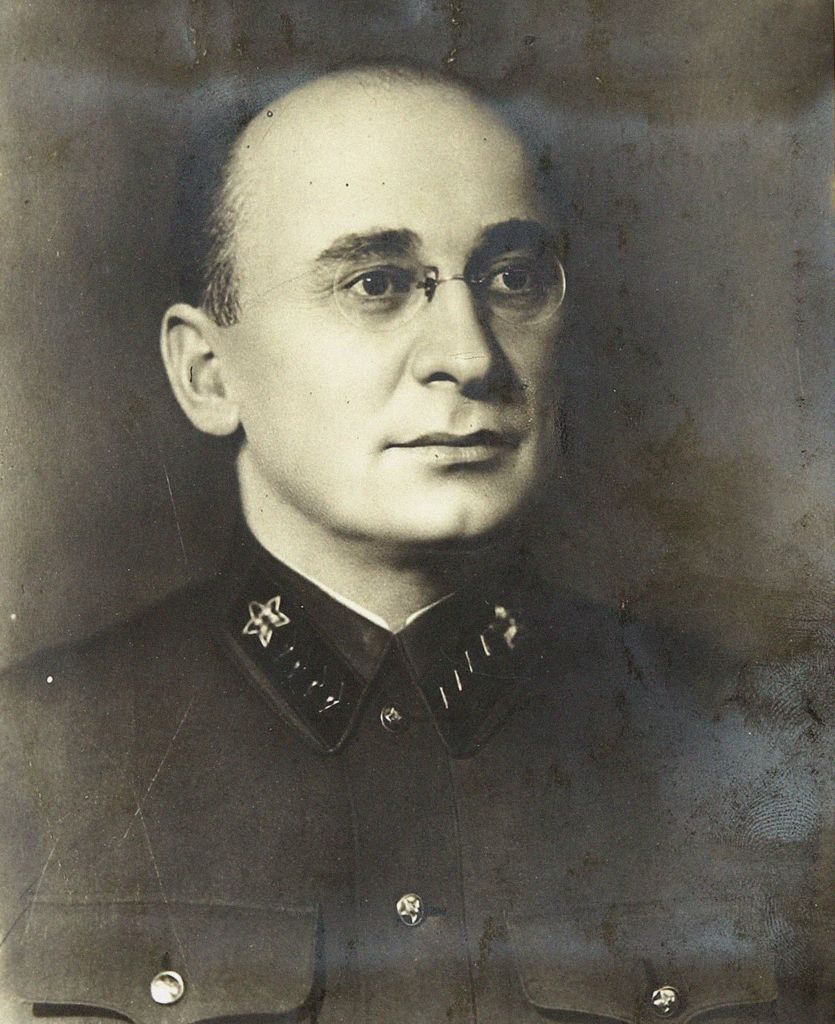Since 1945, Austria has only been led by the centre-right People’s Party and the Socialist Party, often in coalition with one another. Sometimes, they will trade partners; the People’s Party has occasionally absconded with the populist-right Freedom Party (FPÖ) and has spent the last five years dancing with the Green Party. But the grand coalition of the People’s Party and the Socialists has dominated.
This has been the overwhelming preference of Austrian media types and the establishment. It is easy: no one really must stand for anything. How can you? If your government is two parties which have fundamentally different views of the world, you can simply use the time to get posts for your friends and ensure that you have a nice job waiting for you when it is your turn to exit.
But after its September national elections, it seemed that Austria was about to break new ground. In those elections, the populist-right Freedom Party, led by Herbert Kickl, came in first for the first time ever (with about 29 per cent) in an Austrian parliamentary election. The ruling centre-right People’s Party came in a close second, crashing from 37 per cent in 2019 to 26 per cent. The Socialists came in third, at 21, and a small fourth was the liberal NEOS, at 9.
One would think the negotiations would be rather straightforward: The Freedom Party and the People’s Party, who have formed two coalitions this century, would form another one. But that is not what has happened. Instead, the Austrian establishment, desperate to do anything to put off their political reckoning, are choosing to form a government which will fail.
Negotiations are currently ongoing between the People’s Party, the Socialists, and the NEOS to form what has been dubbed a “candy coalition” (due to the respective turquois, red, and pink colours of the parties). While negotiations have been somewhat rocky – due to the fact that all three parties have fundamentally different ideas – the main issue with this current coalition is that people do not really want it. Polls showed that Austrians overwhelmingly wanted Freedom Party’s Kickl, as leader of the biggest party, to at least be given a chance to form a government, and it is not hard to imagine why: the “candy coalition” is essentially a coalition of losers.
While there is nothing in the constitution which states that the winning party must form a government, there is something particularly off-putting about the party not having even been given a chance. Plus, excitement for a three-party coalition has been dampened by the early collapse of Germany’s previously vaunted three-party government. There, two out of three parties (the Socialists and the Greens) were at least on the same side of the political aisle. Here, none of them – the centre-right People’s Party, the centre-left Socialists, or the centrist neoliberal NEOS – will be.
So why is it happening? Much of the blame must be laid at the foot of People’s Party leader and incumbent Chancellor Karl Nehammer. Nehammer lucked into the role of chancellor when former Chancellor Sebastian Kurz was forced out of office by an aggressive media campaign. But he has only been chancellor since 2021. Allowing the Freedom Party to have the chancellery would likely guarantee his end as head of the party and would render him a footnote in Austrian history. Being able to stay as chancellor for another term would allow him to rule until 2029 or longer – a much more solid record in the history books.
His actions are certainly not the interest of the party. Successive polls have indicated support for the Freedom Party is rapidly rising and Nehammer’s is falling. The most recent had the Freedom Party at 36 per cent (their highest markings ever), and the People’s Party at 21 per cent (remember: in the elections, the Freedom Party got about 29 percent, and the People’s Party got 26). But what might be particularly concerning for Nehammer and his confederates is the fact that that same poll also had his hypothetical government hitting exactly 50 per cent – barely enough for a majority.
But they have not just tried to shut the populist-right out of the government – they are trying to lock up its leaders. Austria has a system called the “u-committee” which allows parties to question government ministers. It is an old trick, used by parties of all stripes: they question you for hours about minutiae, get you to say something incorrect, and then hit you on it politically or judicially. Here, it is the latter: Kickl had been questioned earlier this past April about his time as Interior Minister (he served from 2017-2019) and now the Economic and Corruption Prosecutor’s Office, Austria’s establishmentarian investigative organ, wants to investigate him to see if he was lying; the parliament (with all parties but the Freedom Party voting in favour) agreed to remove his parliamentary immunity. This song has been played before: the investigations take years before they even decide whether or not to charge. Meanwhile, the investigators’ damaging materials always somehow find their way to friends in the media. Sometimes they find a crime, sometimes not – but the person’s image has always been damaged.
That is clearly what the establishment is hoping happens with Kickl. No one wants their candy coalition, and they know it. So instead, they are hoping to air enough of Kickl’s dirty laundry (or insinuate that it exists, if they cannot find any) so that enough people do not want him either.
But it seems to be backfiring. Kickl’s party just won control of Styria, a key region of Austria, for the first time ever, and it is poised to potentially win power in another region, Burgenland, in January. Plus, there is their aforementioned rise in national polling – perhaps the clearest sign that voters are finding the establishment’s candy to be sour indeed.
The establishment are hoping to turn Kickl into a pariah over the next five years. But what if they are making a martyr instead?





Kallas wants US to be afraid of Russia, but can’t even get Europe to be afraid of Russia